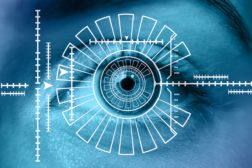Home » privacy
Articles Tagged with ''privacy''
Taking a marketing campaign approach with internal security communication efforts
Read More
Elevating healthcare with artificial intelligence
Artificial intelligence-enabled video surveillance is being used to streamline field-level operations and manage healthcare facilities in a cost-effective way, while adding a layer of security and safety.
November 18, 2021
Sign-up to receive top management & result-driven techniques in the industry.
Join over 20,000+ industry leaders who receive our premium content.
SIGN UP TODAY!Copyright ©2024. All Rights Reserved BNP Media.
Design, CMS, Hosting & Web Development :: ePublishing












